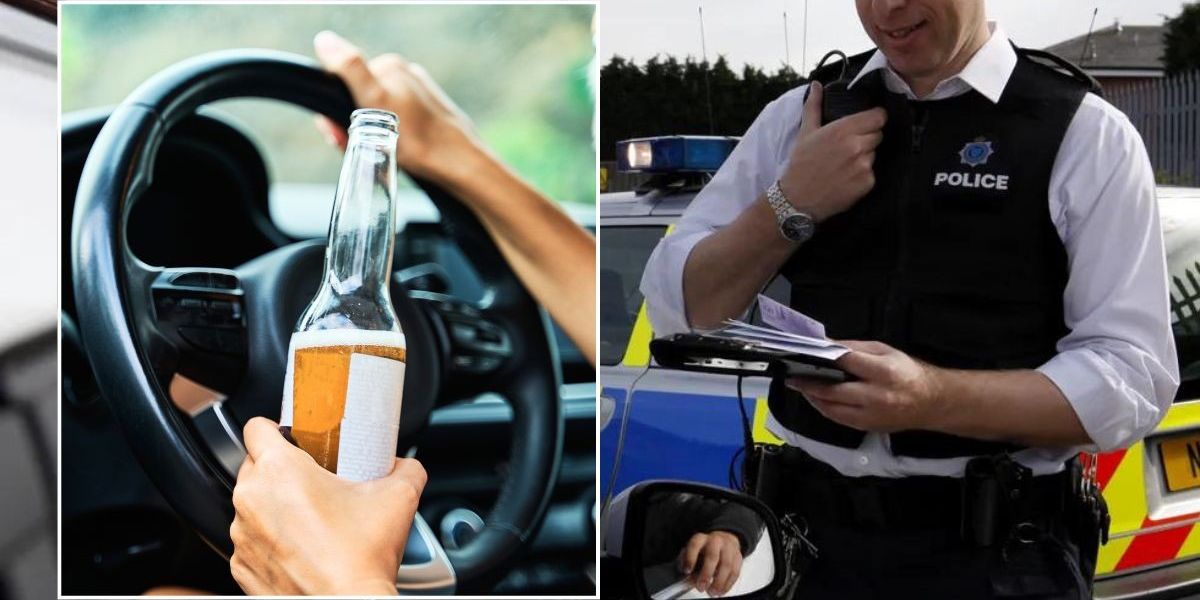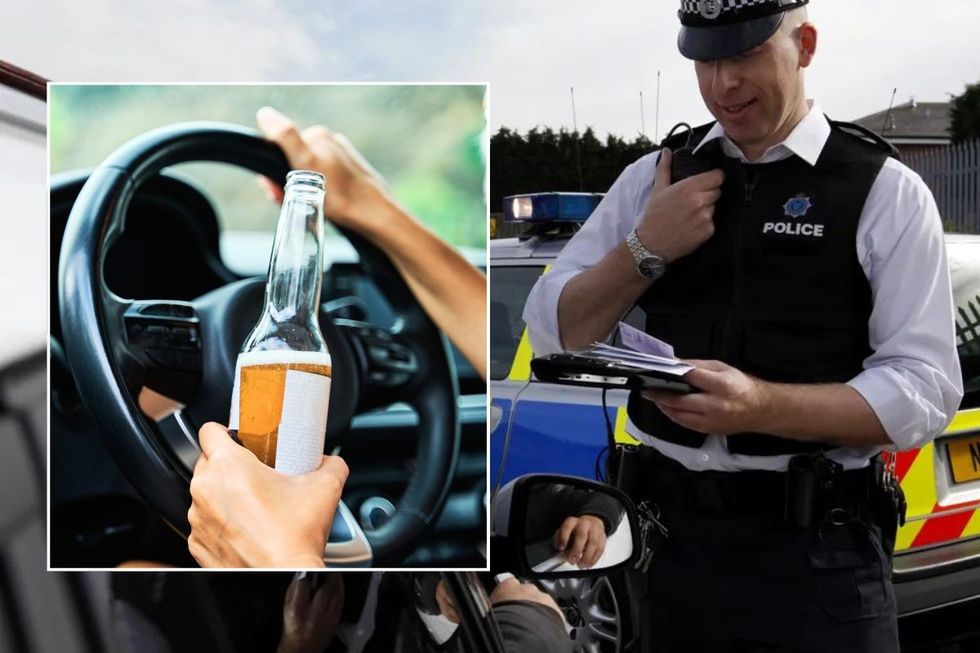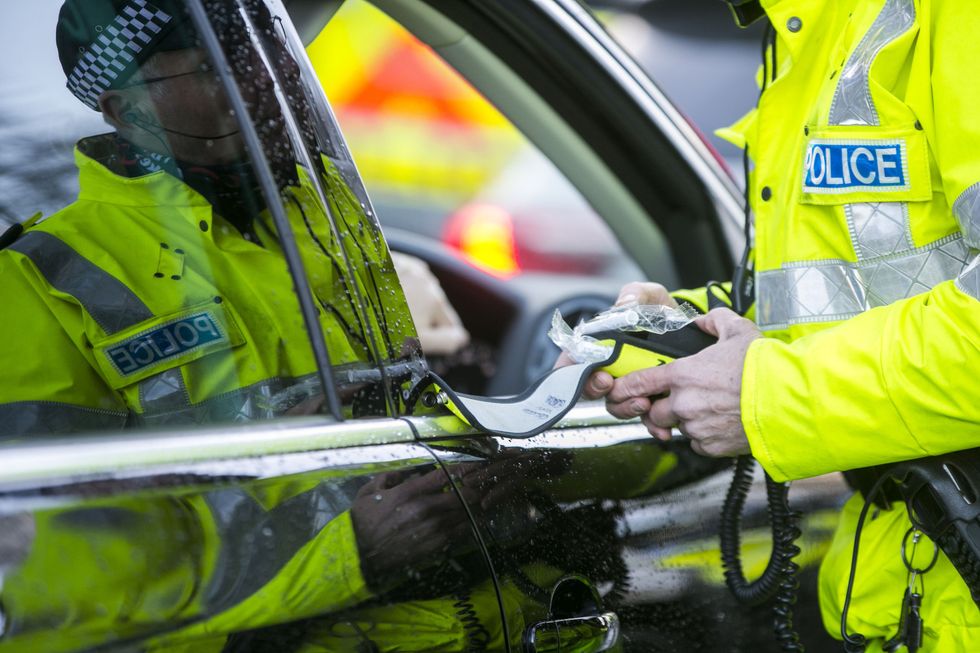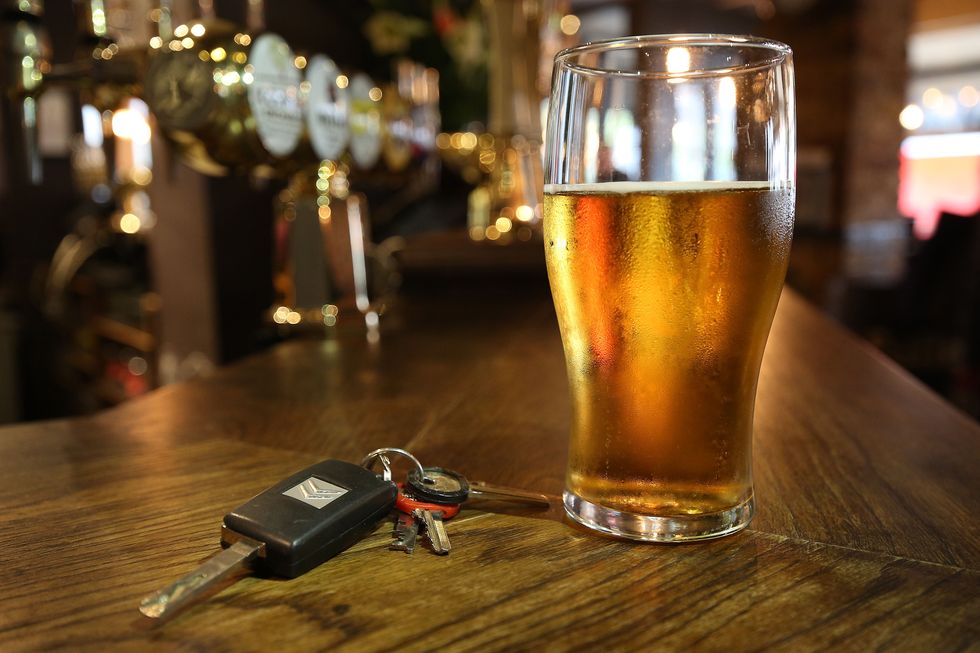



The number of motorists killed in drink driving collisions has increased by seven per cent over the past decade, with experts calling on Labour to tackle the "repugnant crimes".
Analysis released today by the Department for Transport found that roughly 260 people lost their lives in drink-driving incidents in 2023.
The data revealed that 16 per cent of all road fatalities last year involved at least one driver who was over the legal alcohol limit.
While the year-on-year reduction appears positive, the longer-term upward trajectory has prompted concerns from road safety organisations about the effectiveness of current measures to combat drink-driving.
 GETTY |
GETTY |
Drink-driving fatalities have increased by seven per cent compared to a decade ago
Under current rules, the alcohol limit in England, Wales and Northern Ireland is 80mg of alcohol in 100ml of blood, which is equivalent to less than two glasses of wine.
Drivers can face heavy penalties for drink-driving in the UK, which include a three-month prison sentence as well as a £2,500 fine.
The data revealed that the proportion of road deaths linked to drink-driving has fluctuated between 12 and 18 per cent since 1989, when it dropped from 26 per cent recorded in 1979.
Total drink-driving casualties across all severity levels reached approximately 6,310 in 2023, representing a six per cent decline from the previous year and a 23 per cent reduction since 2013.
 PA |
PA |
Experts are calling for drink-driving laws to be tightened
However, the percentage of casualties that were drink-drive related has grown over the past decade, rising from 4.4 per cent in 2013 to 4.7 per cent in 2023.
The research found that while overall road traffic collisions have fallen 59 per cent since 1979, drink-driving incidents have decreased by 77 per cent over the same period, suggesting some initiatives have proven effective despite recent concerning trends.
Nicholas Lyes, director of policy and standards at road safety charity IAM RoadSmart, described the decade-long pattern as "troubling" and warned that Britain is "stuck in a dangerous rut".
He said: "While the latest drink-drive related fatality figures have declined on the previous year, the trend over the past decade is troubling and shows that we are stuck in a dangerous rut."
He called for renewed efforts to tackle the problem and urged the Government to double its efforts on enforcement, "providing the police with the necessary tools to clamp down on drink-drivers while reviewing our approach to both first-time and repeat offenders".
The charity's intervention comes as enforcement concerns grow alongside the fact that the UK maintains the highest drink-drive threshold in Europe.
Scotland lowered its limit to match European standards in December 2014, introducing the 50mg/100ml threshold that remains in force today.
The persistence of repeat offending presents another significant challenge, with DVLA data revealing that 27,837 motorists received multiple drink-driving convictions between 2013 and July 2024.
 PA |
PA |
The current alcohol limit is 80mg of alcohol per 100ml of blood in England
Among these repeat offenders, 372 individuals were caught at least four times, including four motorists who faced prosecution on seven separate occasions.
RAC road safety spokesperson Rod Dennis warned that the "disturbing figures" should be enough to prompt a new approach to tackling these "repugnant crimes" which is "desperately needed".
The "alcolock" is a breathalyser device that can be installed in a vehicle to prevent a driver from using it if they have consumed alcohol above a set limit. Dennis explained: "This has the potential to reduce drink-drive casualties, especially among habitual offenders.
"We've consistently been calling for a change in approach when it comes to reducing alcohol-related road deaths, as it’s clear the status quo isn’t working. Since 2022, we have urged the Government to consider mandating that all new vehicles have interfaces that allow alcolocks to be fitted easily."
